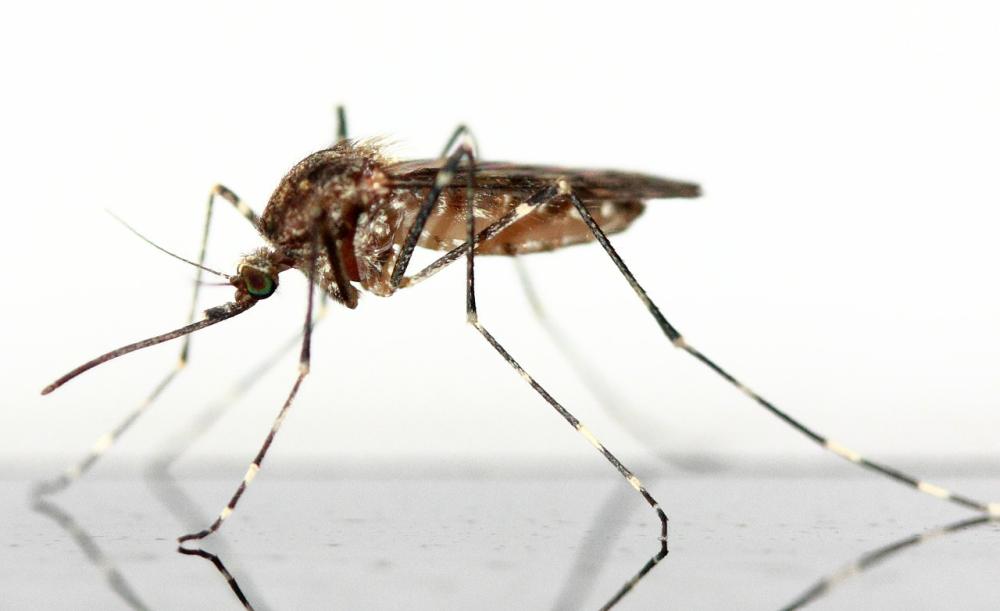Eastern equine encephalitis risk raised to moderate in Rochester
The risk of Eastern equine encephalitis has been raised to moderate in Rochester, after the potentially fatal disease was detected in mosquito samples collected in nearby towns.
EEE was detected in Abington, Middleboro, Wareham, and Whitman, according to a Friday, Aug. 2 announcement by Massachusetts Department of Public Health. That raised the risk level to high in Carver and Middleboro and to moderate in Rochester, Lakeville, and Bridgewater.
The municipalities of Amesbury, Groveland, Halifax, Haverhill, Kingston, Merrimac, Newburyport, Plymouth, Plympton, Salisbury, Wareham and West Newbury were also already at moderate risk.
EEE is a rare but serious and sometimes fatal mosquito-borne illness that can affect all ages, according to the Massachusetts Department of Public Health.
In 2019, six died from the disease out of 12 human cases in Massachusetts. In 2020, there were five human cases and one death.
There were no human cases in the state in 2021, 2022 and 2023.
“Summer is a time for people to be outside and enjoy themselves,” Public Health Commissioner Robbie Goldstein said. “We want people to have fun and keep themselves safe by being informed about where EEE is being found in mosquitoes.”
The detection of EEE-infected mosquitoes in Carver was announced July 3, the first in Massachusetts in 2024. Since, there have also been mosquitoes with EEE identified in Halifax, Kingston, Barnstable, Amesbury and Haverhill, the Massachusetts Department of Public Health said.
“Everyone should take the recommended steps to prevent mosquito bites,” Goldstein said. “We recommend that people in high-risk areas use mosquito repellents any time they are outside and consider rescheduling outdoor activities that occur during the evening or early morning.”
The Massachusetts Department of Public Health recommends avoiding mosquito bites by applying insect repellent such as DEET, permethrin, picaridin or oil of lemon eucalyptus when outdoors. It’s also recommended to wear long sleeves, long socks and pants.
Recommendations also include being aware of peak mosquito hours between dusk to dawn and considering rescheduling early morning or evening outdoor activities in high-risk areas.
The Massachusetts Department of Public Health suggests mosquito-proofing homes by draining standing water and installing or repairing screens.
For more information, visit mass.gov/orgs/department-of-public-health.














